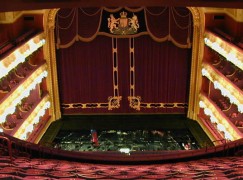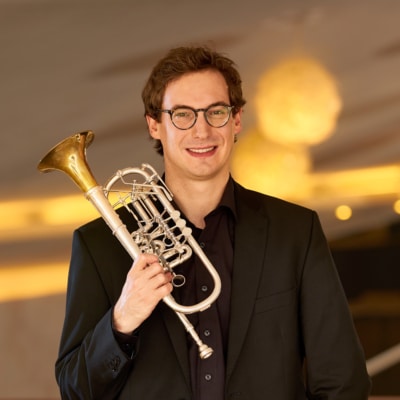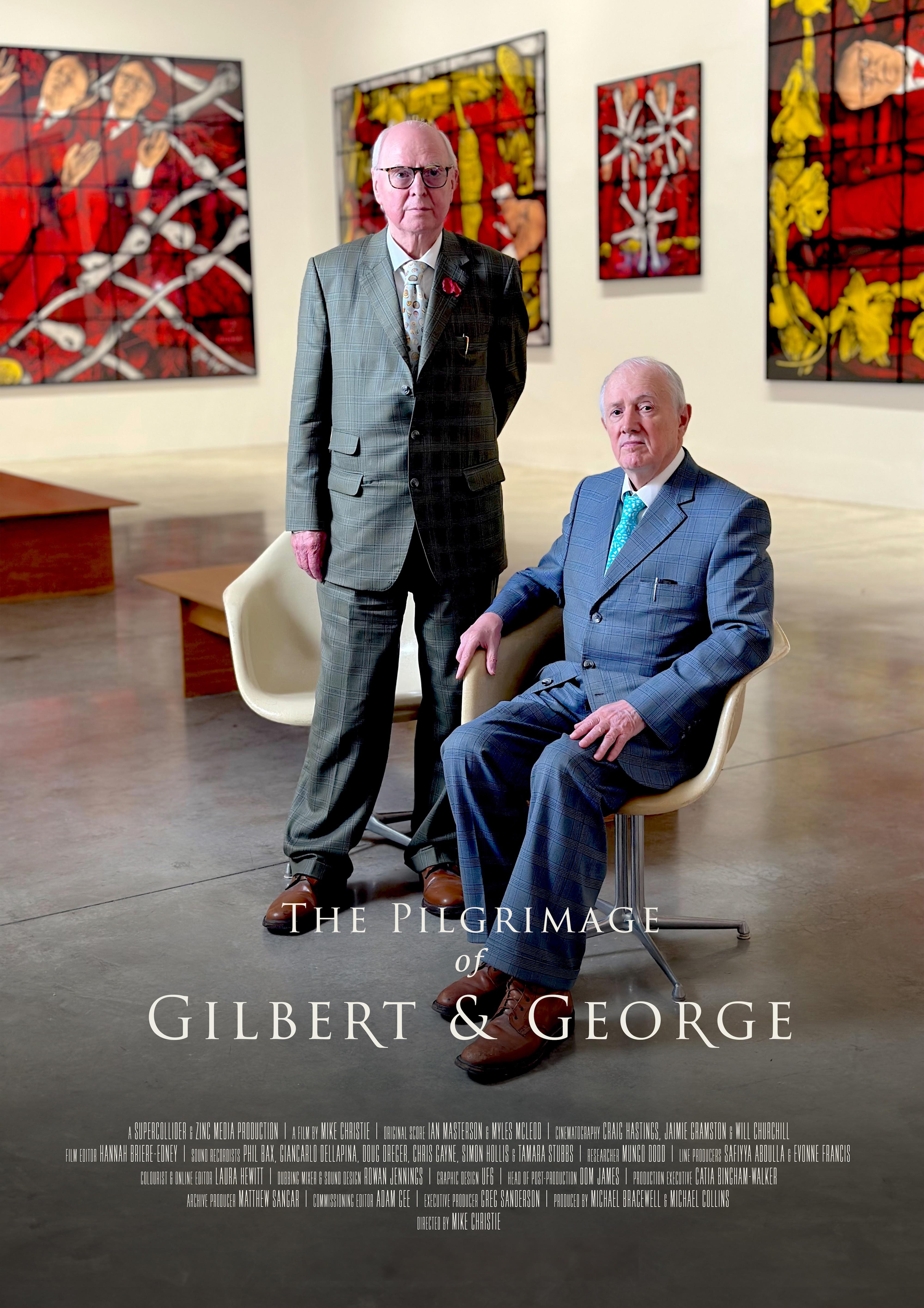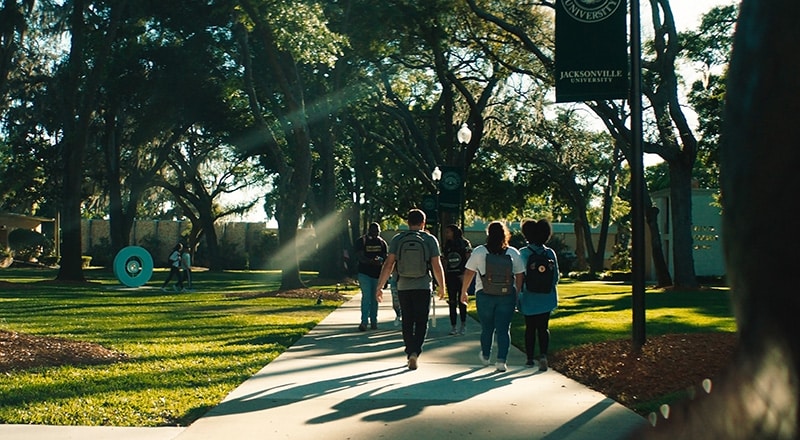Covent Garden hacks out Swan Lake without a harp
mainFrom one of our readers:
I had a ticket for a Swan Lake performance on Friday 8 June at Covent Garden as a gift for my retirement. The show was due to start at 7.30pm but it did not. The audience was waiting patiently. After 20 minutes, Kevin O’Hare announced that they were missing a harp player. A few minutes after that, the performance started.
There was no harp for the whole of Act 1. As soon as Act 1 finished, Kevin O’Hare reappeared on stage and announced that the famous harp cadenza and violin solo accompaniment in Act 2 would be played on the piano from the wings by an ROH repetiteur who had come in from home. O’Hare said this would make it a more special experience. Many in the audience got up and left. Those of us who stayed witnessed piano playing with lots of wrong notes, on an instrument in desperate need of tuning. Later on during the interval we heard that the pianist was Koen Kessels.
The performance finished with 25 minutes overtime.

No mention of this improvisation has been permitted to appear among Covent Garden’s adulatory audience comments. The season’s last performance of the ballet is sold out.





Comments